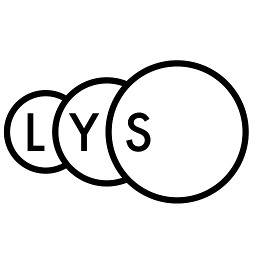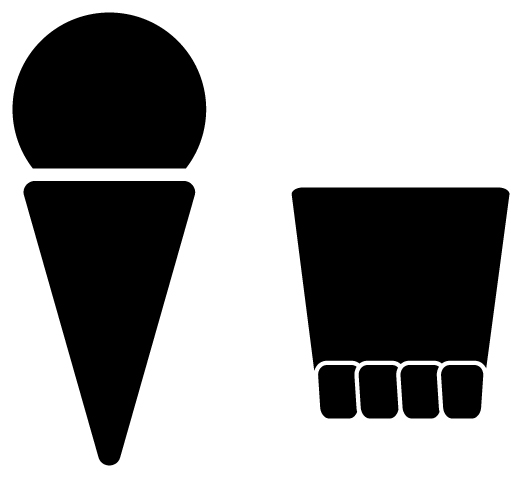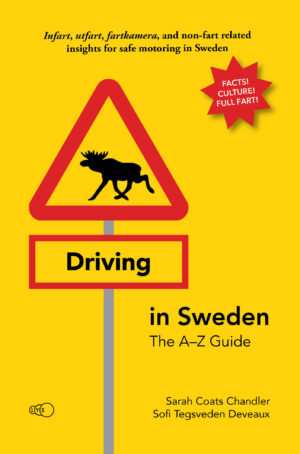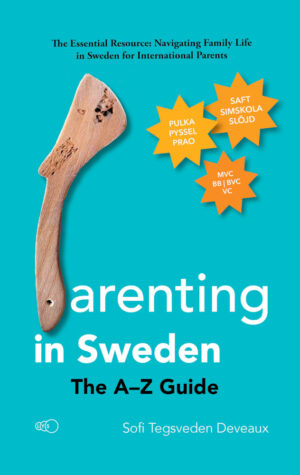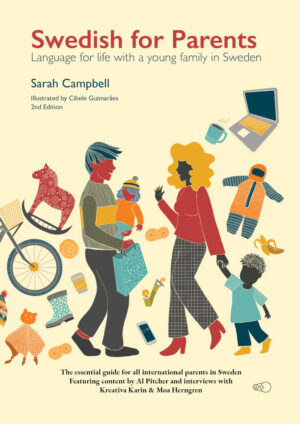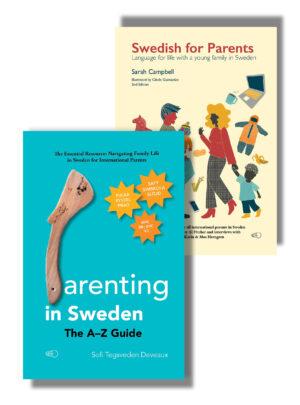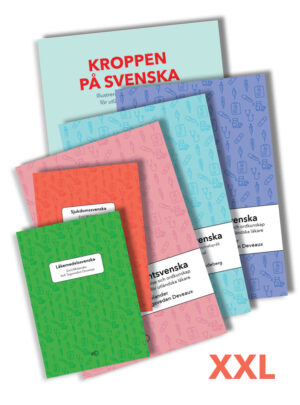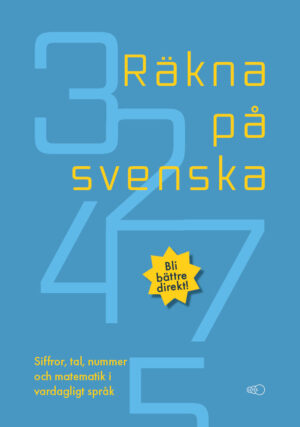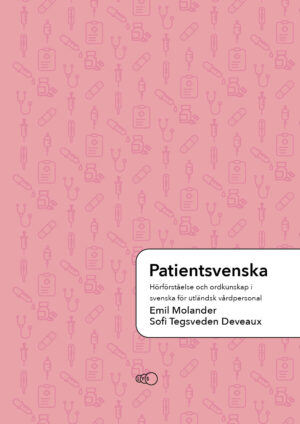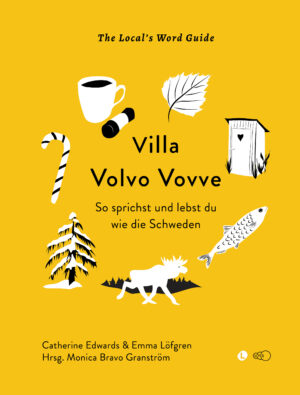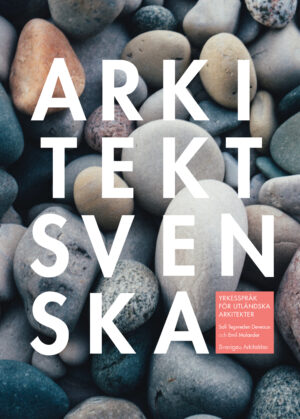If you are talking about 100 % of something, how do you express that in Swedish? There is hel, helt, and hela, but also all, allt and alla. There is a logic to it, but there are many parameters to keep track of.
ALL or ALLT
First of all, because this is the easiest. The two singular forms of all are used for uncountable nouns, such as mat, luft, vatten, vin, sand, betong, regn. uncountable nouns include more abstract terms such as information, statistik, trafik, glädje, hunger. As usual, you will need to take into account whether the nouns you are referring to belong to the EN or ETT category, as ETT-words will require that ending -t.
EN
all mat
all sand
all betong
ETT
allt vatten
allt regn
allt vin
HEL, HELT or HELA
In contrast, when referring to countable nouns, you will need to distinguish between the separate units, and the whole group of units. When referring to 100 % of each single unit, hel, helt, hela are the appropriate terms, again following the rules of en or ett.
en hel kaka [a whole cake]
ett helt äpple [a whole apple]
If you would like to say you ate 4 whole cakes, that is, 4 separate units, and 100 % of each unit, that is fyra hela kakor, and the same for the apples, fyra hela äpplen.
When it comes to the definite form, as for all adjectives and pronouns, it ends with an -a, just as for the plural.
hela kakan [the whole cake]
hela äpplet [the whole apple]
The observant reader has paid attention to the lack of definite article, there is not den / det. In fact, with the definite article, as in den hela kakan, or det hela äpplet, things become ambiguous as hela will be interpreted as an adjective, with the meaning of whole, intact, unbroken. The unbroken cake, the unbroken apple.
min hela kaka [my whole/intact/unbroken cake]
mitt hela äpple [my whole/intact/unbroken apple]
hela min kaka – [all of my cake]
hela mitt äpple – [all of my apple]
den här hela kakan [this whole/intact/unbroken cake]
det här hela äpplet [this whole/intact/unbroken apple]
hela den här kakan – [all of this cake]
hela det här äpplet – [all of this apple]
ALLA
As for a group of countable nouns, you will be using alla to refer to 100 % of the group. It always comes together with the plural form, indefinite.
alla kakor – [all the cakes]
alla äpplen – [all the apples]
ALL THE PEOPLE
Please note that Swedes rarely say something like alla människor, or alla personer. When referring to all people, we simply say alla. The same applies to några, många, en del, få, ingen.
Många kom på festen.
Alla är här nu.
Ingen vet hur man gör.
En del tycker om att dricka kaffe efter maten.
HELT SJUKT!
Helt can sometimes be used as an adverb, meaning completely, often in reaction phrases, such as:
Helt otroligt!
Helt fantastiskt!
Helt idiotiskt!
